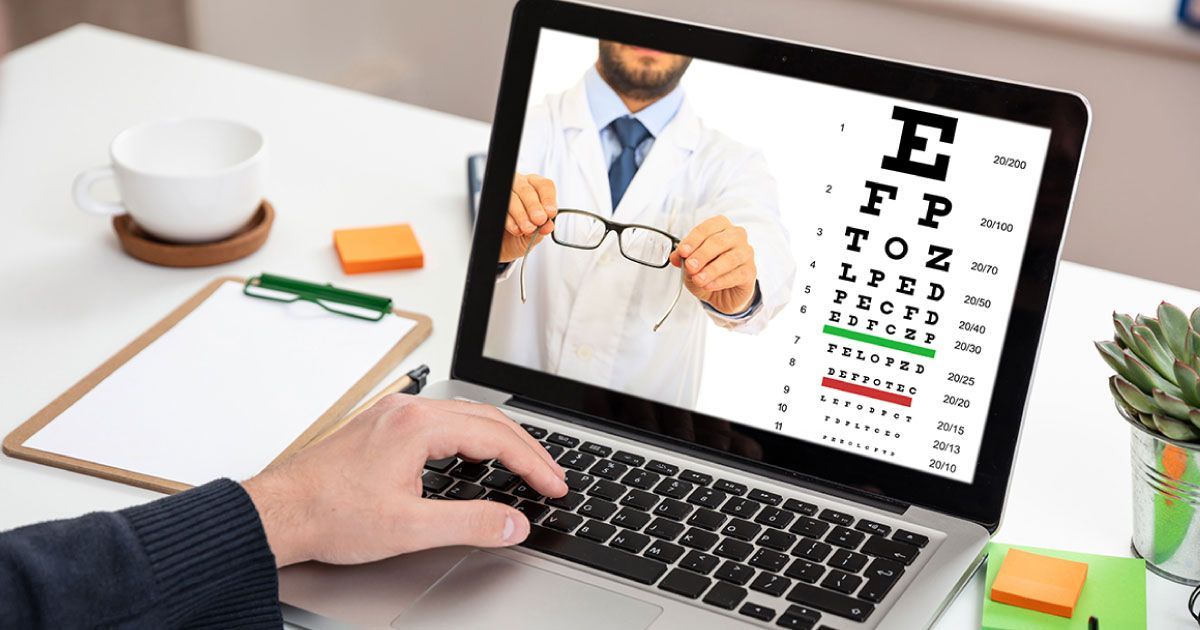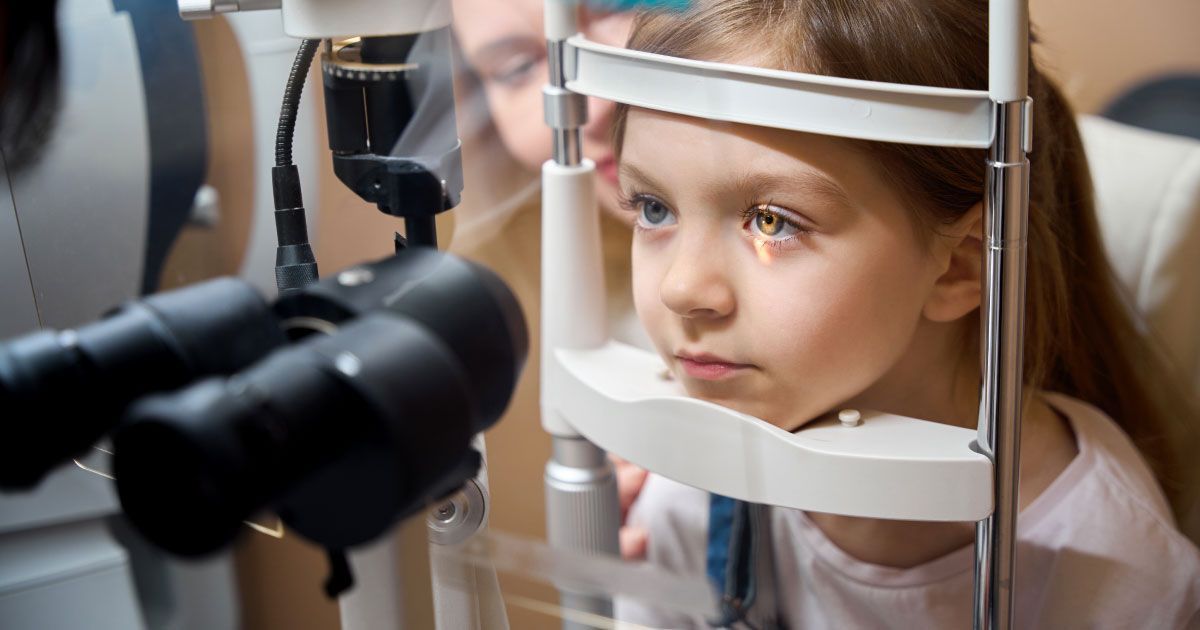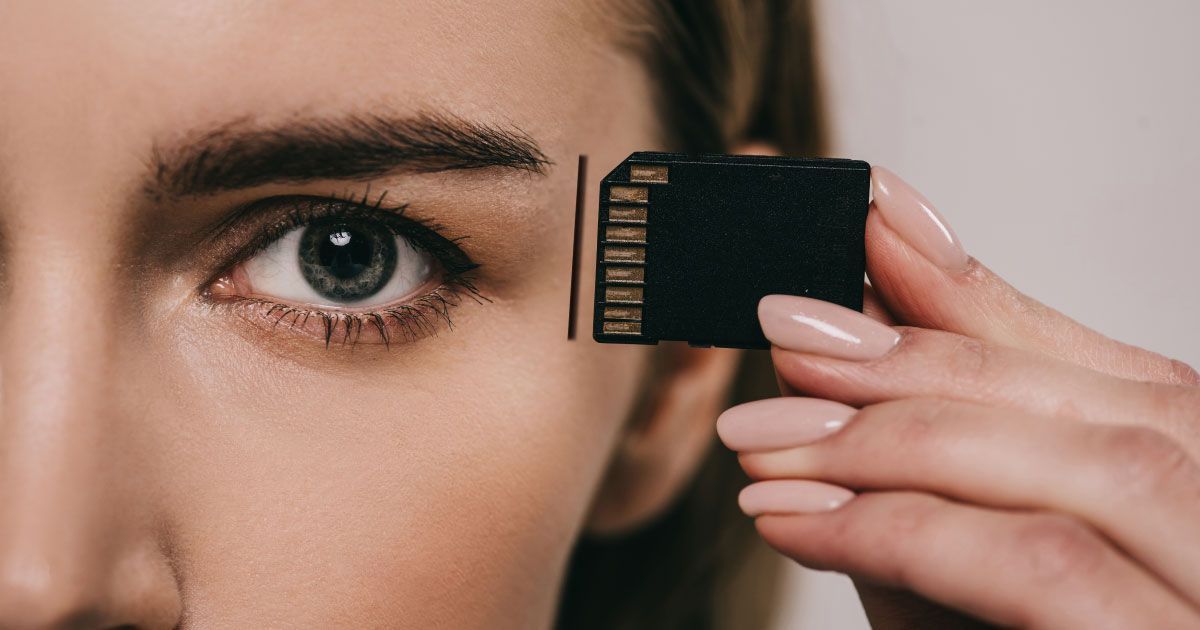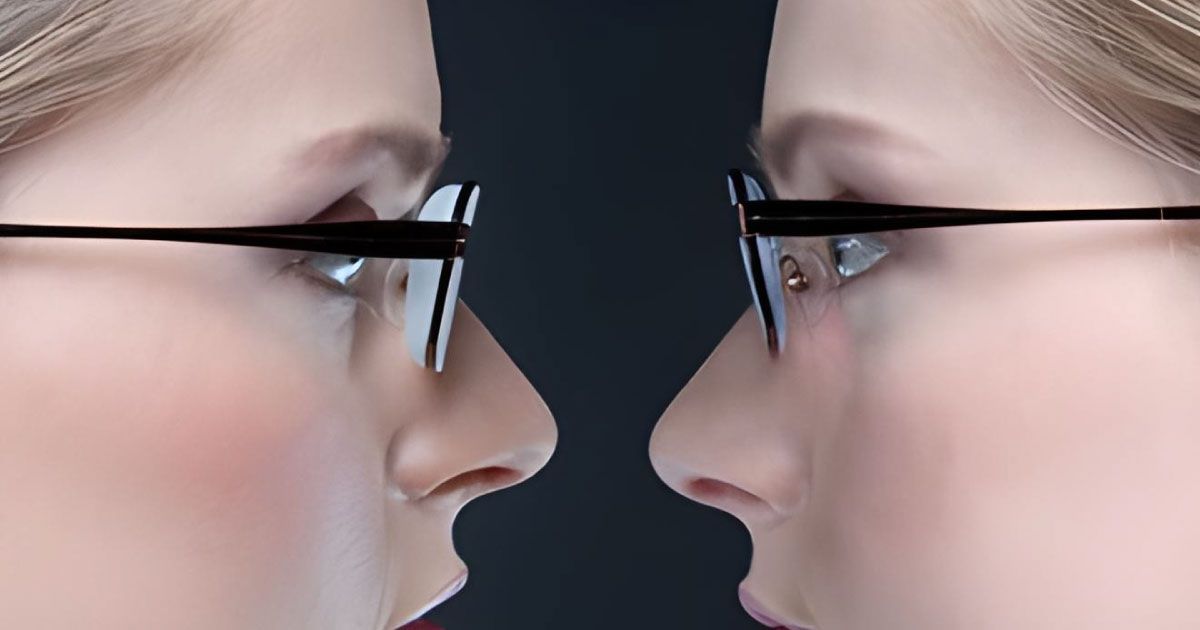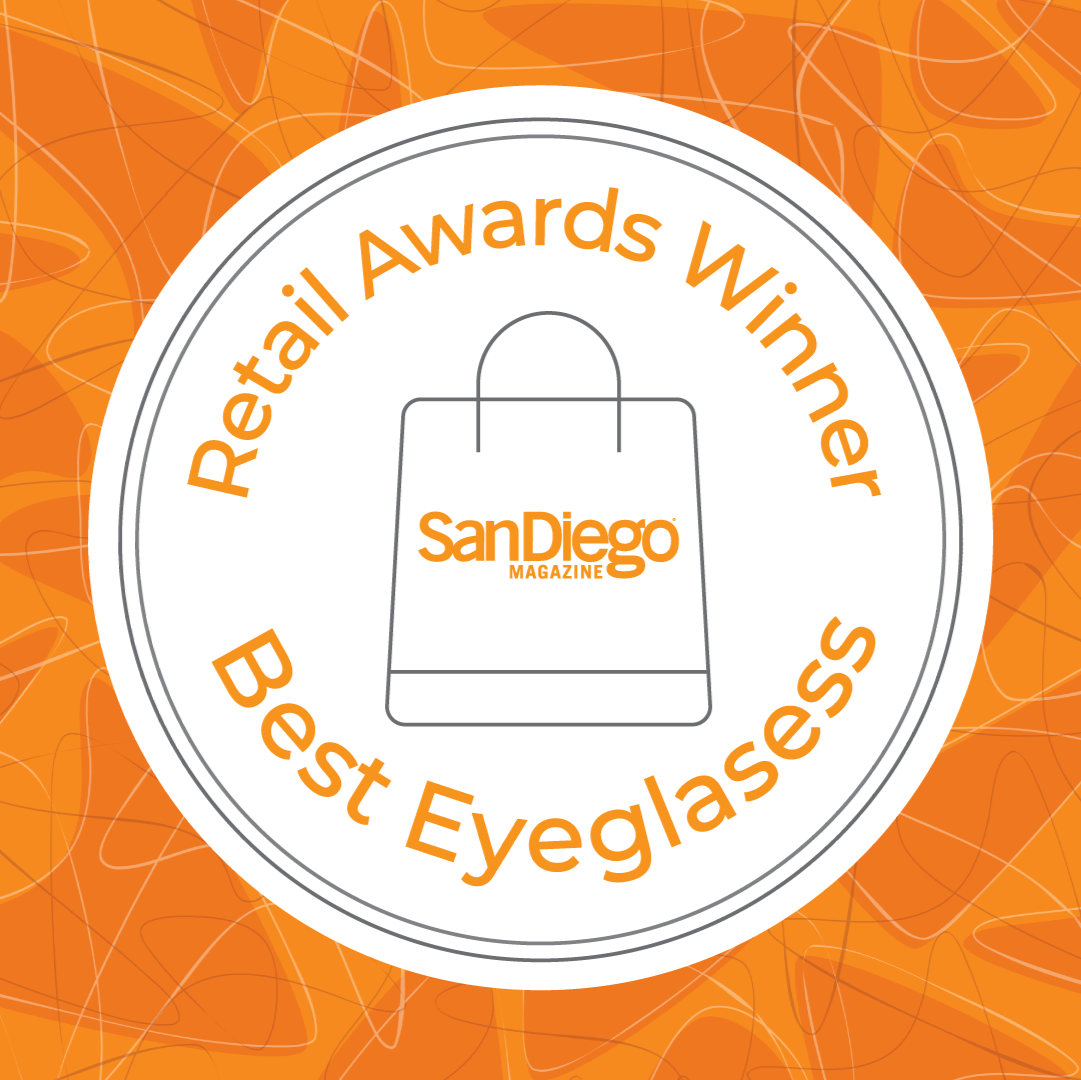Maximizing Your End-of-Year FSA, HSA, and Insurance Benefits Before They Expire
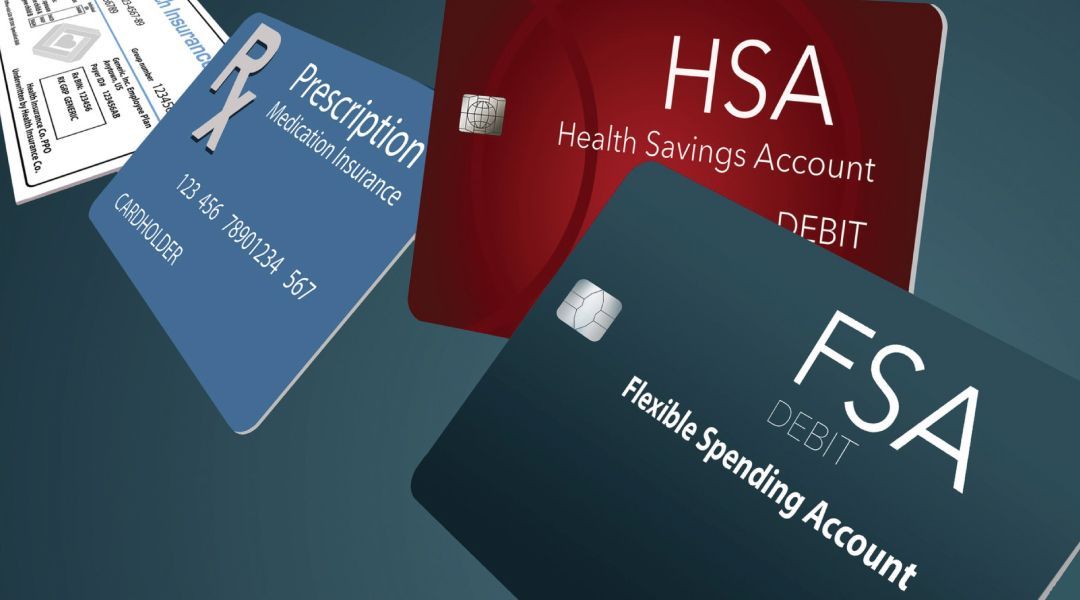
Read time: 3 minutes
Can you believe that the end of the year is already approaching? As we head into the third quarter, it's time to consider your optical health and how to make the most of your financial benefits before they expire. Many people often forget that Flexible Spending Accounts (FSAs), Health Savings Accounts (HSAs), and insurance plans can be used to improve their vision and eye health. Let’s explore the benefits of utilizing your end-of-year FSA, HSA, and insurance benefits for optical care while explaining what each of these valuable tools entails.
Flexible Spending Account (FSA)
A Flexible Spending Account (FSA) is a tax-advantaged account that allows you to set aside pre-tax dollars for eligible medical expenses, including optical care. The key feature of an FSA is that the funds contributed are "use it or lose it," meaning they typically don't roll over to the next year. Therefore, it's essential to maximize your FSA by addressing any optical needs.
Ways to Maximize Your FSA for Optical Care:
- Schedule an Eye Exam: Book an appointment with your optometrist or ophthalmologist for a comprehensive eye exam. Regular eye exams can detect vision problems and eye diseases early on.
- Purchase Prescription Eyewear: If you need prescription eyeglasses or contact lenses, use your FSA funds to cover the costs. You can also opt for prescription sunglasses to protect your eyes from harmful UV rays. Explore our online store to see the incredible amount of choices you have to select from.
- Explore Corrective Procedures: Consider using your FSA for laser eye surgery (LASIK) or other vision correction procedures if you've been thinking about reducing your dependence on glasses or contacts.
- Stock Up on Contact Lenses: If you wear contact lenses, ensure you have an adequate supply to last into the new year. You’ll be glad you did.
Health Savings Account (HSA)
A Health Savings Account (HSA) is another tax-advantaged savings account, primarily designed for individuals with high-deductible health plans. HSAs offer greater flexibility because they allow you to save money for various medical expenses, including optical care, and the funds don't expire.
How to Maximize Your HSA for Optical Care:
- Contribute to Your HSA: If you haven't already, consider contributing to your HSA before the year-end. These contributions are tax-deductible and can be used for current or future optical needs.
- Pay for Eye Exams and Prescription Eyewear: Use your HSA funds to cover the costs of eye exams, prescription eyeglasses, contact lenses, or even prescription sunglasses.
- Invest Your HSA Funds: Some HSA providers allow you to invest your funds, potentially growing your savings over time to cover future optical expenses.
Insurance Benefits
Your insurance plan often includes coverage for optical services, such as eye exams and corrective eyewear. To maximize your insurance benefits for optical health:
- Check Your Coverage: Review your insurance plan to understand the specifics of your optical coverage. This includes copayments, allowances, and any restrictions on eyewear brands and styles.
- Schedule Regular Eye Exams: Make sure to use your insurance coverage for annual eye exams to monitor your vision and eye health.
- Utilize Benefits for Eyewear: If your insurance plan covers eyeglasses or contact lenses, take advantage of this benefit to update your prescription and improve your vision.
Optimize Your Visual and Financial Health
As the year draws to a close, make optical health a priority by maximizing your end-of-year FSA, HSA, and insurance benefits. Whether you need an eye exam, prescription eyewear, or vision correction procedures, these financial tools can help you maintain and enhance your vision while optimizing your financial health. Don't wait until the last minute; schedule your eye exam at Urban Optiks Optometry and explore your optical options today to ensure you start the new year with clear vision and healthy eyes.
Share this blog post on social or with a friend:
The information provided in this article is intended for general knowledge and educational purposes only and should not be construed as medical advice. It is strongly recommended to consult with an eye care professional for personalized recommendations and guidance regarding your individual needs and eye health concerns.
All of Urban Optiks Optometry's blog posts and articles contain information carefully curated from openly sourced materials available in the public domain. We strive to ensure the accuracy and relevance of the information provided. For a comprehensive understanding of our practices and to read our full disclosure statement, please click here.







